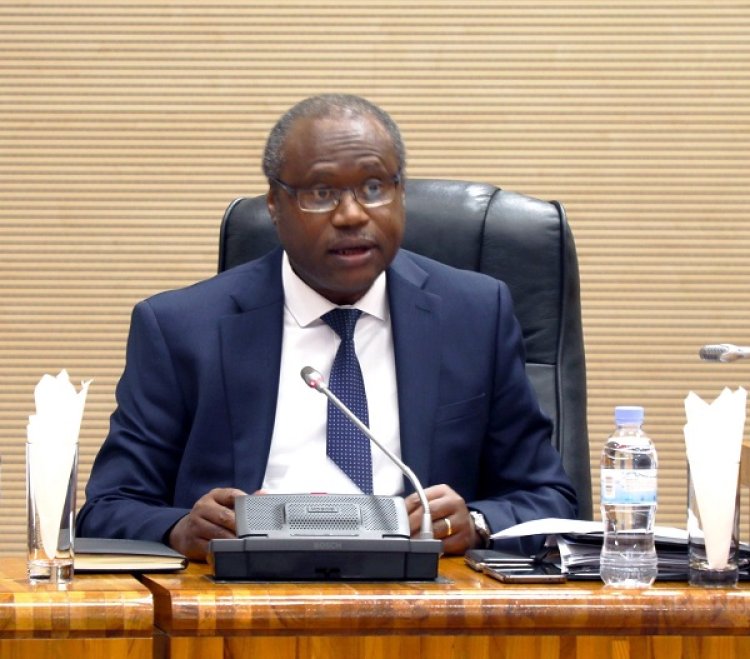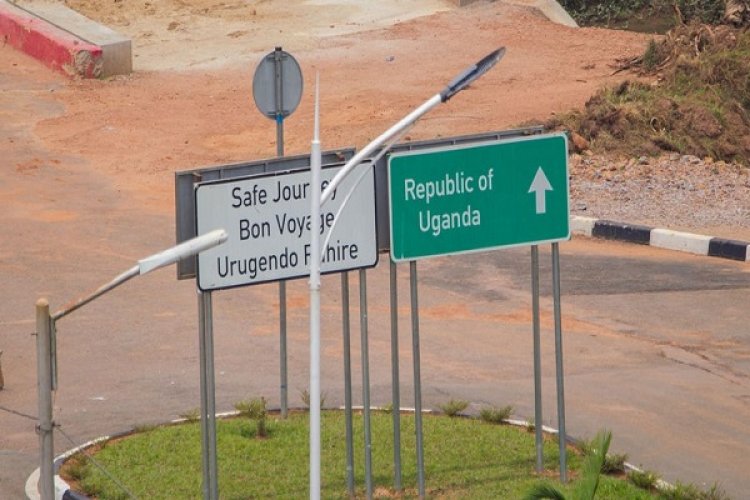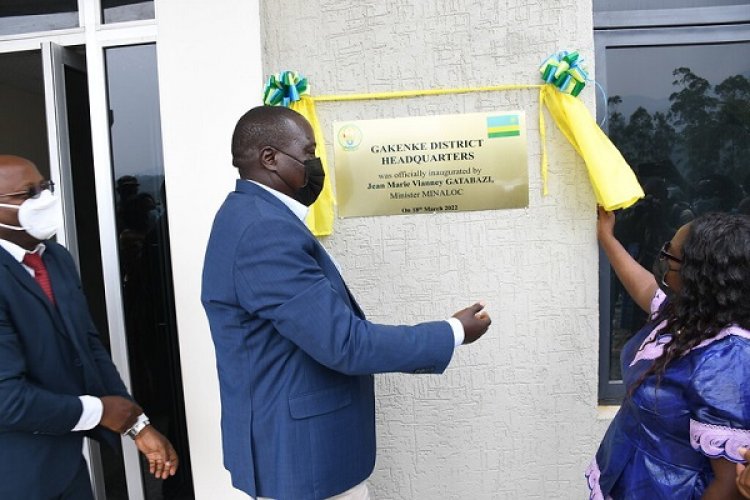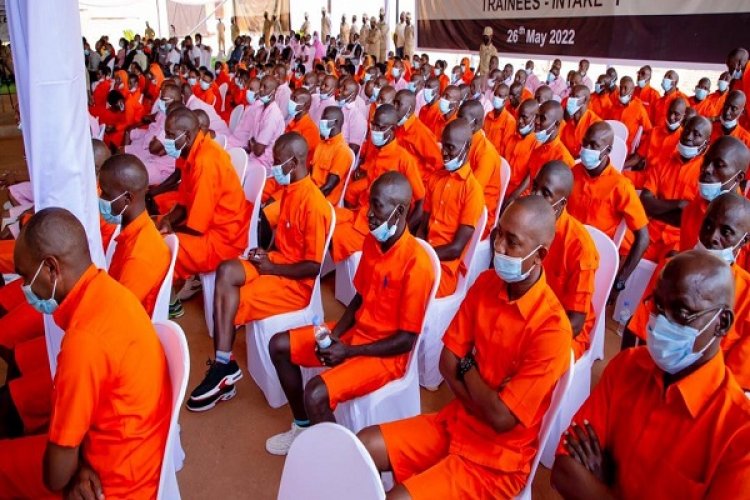The International Centre for Settlement of Investment Disputes (ICSID) ordered two American mining companies to pay Rwanda $1.9 million worth of costs, fees and expenses incurred by the latter in a longstanding dispute linked to a cancelled mining concession agreement.
Bay View (BVG) and Spalena, both limited liability companies formed by American citizen, Roderick Marshall, had sued government of Rwanda over unfairly terminating a mining contract signed in 2007.
The claimants alleged that they invested in the mining industry in Rwanda by acquiring a controlling interest in a Rwandan mining company, Natural Resources Development Ltd (NRD).
NRD controlled five mining concessions namely Rutsiro, Mara, Sebeya, Giciye and Nemba for which it obtained short-term licenses.
The tribunal heard that Mr. Marshall had the idée fixe of obtaining long-term licences — of thirty years with the possibility of a renewal — for all five concessions, which did not materialise.
The company licence was cancelled in 2016 after failing to meet its contractual obligations. Rwanda contends that NRD had failed to qualify under the contract for the grant of long-term licences.
Losses
The firms, however, sought the court to hold Rwanda liable for estimated at $95 million losses they incurred as a result of “delays and ultimate refusal to grant a long term licence.”
Besides, they alleged Rwanda breached obligations owed to them under a 2008 bilateral investment treaty between Rwanda and the United States.
In its verdict rendered on March 30, the tribunal entirely rejected the claimants’ case on liability, and maintained that NRD did not qualify for the grant of long-term licences under the terms of the contract.
“BVG and Spalena are jointly and severally liable for and are to pay Rwanda’s costs and expenses in the sum of £1,312,233.10 and $361,783.72; and Interest on this sum at the Sterling Overnight Index Average for GBP from the date of this Award until the date of payment,” court ruled.
This Publisher could not establish whether or not the payment was made, by press time.
Privatisation hurdles
The case highlights challenges government encountered in the process of privatizing its mining industry around 2006 in hope to attract experienced mining companies.
Evidence presented by the court show government did not succeed as it instead attracted entrepreneurs without mining experience attracted by the possibilities of profiting from the acquisition of long-term mining licences in Rwanda.
Mr. Marshall was one of them, indicates the tribunal.
In fact, the tribunal found Mr. Marshall’s aspiration to be one of first obtaining long-term licences and then to raise funding on the international markets to enable him to exploit these.
Mr. Marshall told the court that “NRD needed the long term licence. Without it, potential investors saw NRD as too risky of an investment and were not interested in investing. As a result of Rwanda [sic] delays and ultimate refusal to grant a long term licence, I was never able to trade NRD on the London Stock Exchange. Had I been able to, I expected to raise substantial sums of money that I could have invested into the Concession.”
The claimants made it plain that NRD’s only source of investment in mining in Rwanda was income produced by the mining that it was carrying on.
The company had pledged it would invest $39 million in the concessions over a five-year period.










